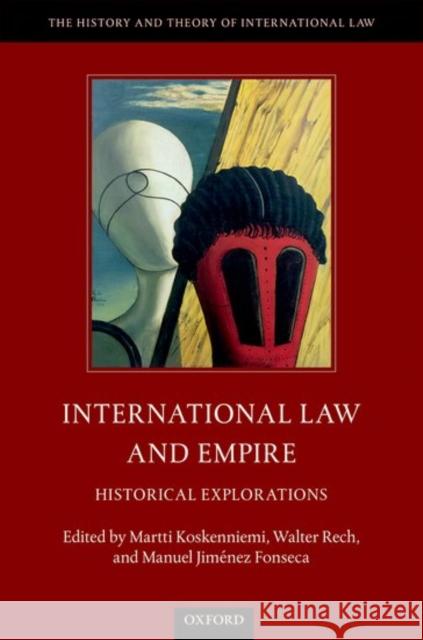International Law and Empire: Historical Explorations » książka
topmenu
International Law and Empire: Historical Explorations
ISBN-13: 9780198795575 / Angielski / Twarda / 2017 / 416 str.
In times in which global governance in its various forms, such as human rights, international trade law, and development projects, is increasingly promoted by transnational economic actors and international institutions that seem to be detached from democratic processes of legitimation, the question of the relationship between international law and empire is as topical as ever. By examining this relationship in historical contexts from early modernity to the present, this volume aims to deepen current understandings of the way international legal institutions, practices, and narratives have shaped specifically imperial ideas about and structures of world governance.
As it explores fundamental ways in which international legal discourses have operated in colonial as well as European contexts, the book enters a heated debate on the involvement of the modern law of nations in imperial projects. Each of the chapters contributes to this emerging body of scholarship by drawing out the complexity and ambivalence of the relationship between international law and empire. They expand on the critique of western imperialism while acknowledging the nuances and ambiguities of international legal discourse and, in some cases, the possibility of counter-hegemonic claims being articulated through the language of international law. Importantly, as the book suggests that international legal argument may sometimes be used to counter imperial enterprises, it maintains that international law can barely escape the Eurocentric framework within which the progressive aspirations of internationalism were conceived










